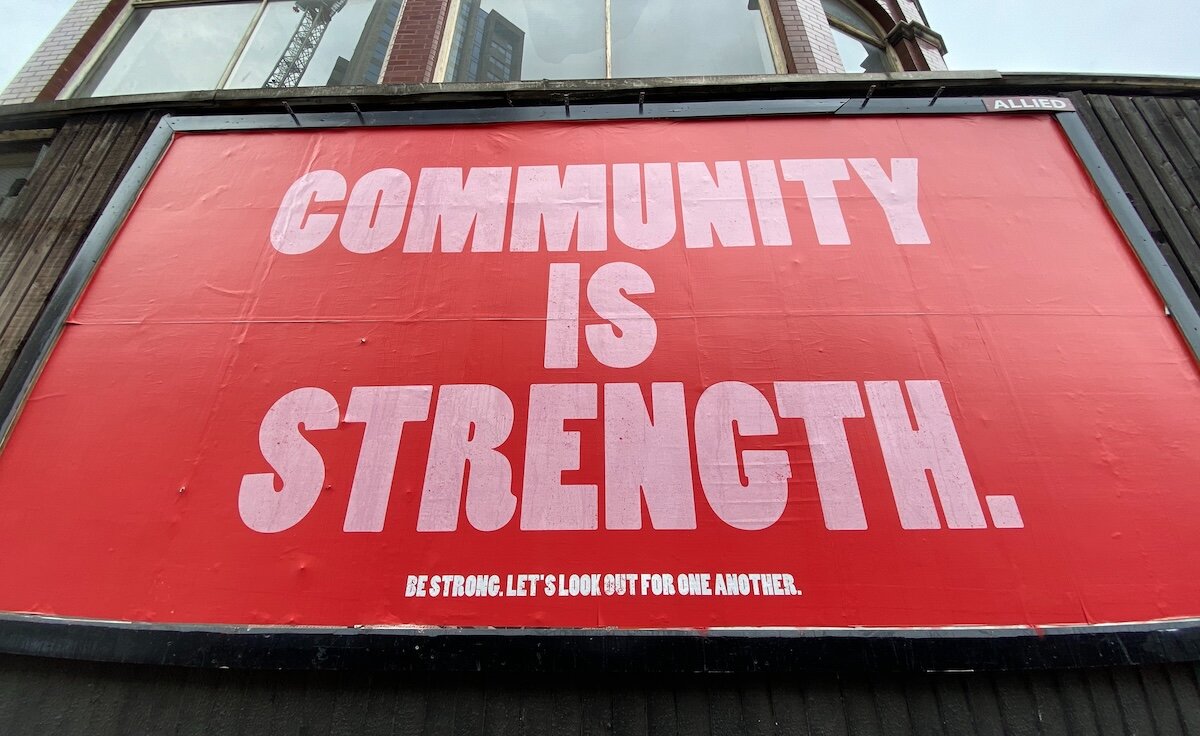America is in the middle of a problem gambling crisis, as helpline calls across states reach record numbers. The most concerning part in all of this, is that the newly regulated sports betting market is fostering the country’s first generation of young gamblers. Children and teenagers are growing up in a nation where sports betting is fully normalized and mainstream.
While the addiction has been recognized at an individual and household level for as long as the activity has existed, communities are quickly coming to terms with how it is impacting them at a city and town. A recent study finds that gambling addiction is worse in the following states:
- 1. Nevada
- 2. South Dakota
- 3. Montana
- 4-5. (tie) Louisiana
- 4-5. (tie) Mississippi
- 6. New Jersey
- 7. Oklahoma
- 8. West Virginia
- 9. Pennsylvania
- 10. Oregon
With the exception of Oklahoma (although that is about to change) all of these states are listed on the map of legal sports betting. That being said, problem gambling impacts all states at some level, as tribal casinos and/or unregulated gambling operations have been present for decades. Municipalities are taking notice, and communities within have had enough as gambling addiction rips through vulnerable populations. If you’re among them, we know that you may feel powerless against what is essentially a “money train” for regulatory bodies that revel in the tax revenue windfall. However, you (as a community) are more powerful than you may realize. Below is a breakdown of steps to take to initiate a problem gambling prevention plan at a city or township level.
6 Steps a Community Can Take to Stop Problem Gambling from Running Rampant in their City or Town
Demand Social Accountability from Local Gambling Operators
Both land-based and online operators have a public relations department that has point-of-contacts listed on their respective websites. While an email from a single individual probably won’t hit its mark, dozens or hundreds of emails from people within the community are far more likely to get noticed. Rally the troops from your local community and flood the email inboxes (and call-centers) with requests for visibility on what operators are doing to flag and protect problem gamblers from using their platforms. The timing of this initiative couldn’t be better, as the gambling industry is under fire for not doing enough in their corporate social responsibility (CSR) programs. A wave of requests to ramp up CSR programs to include better problem gambling support could be the spark that makes a difference.
Have Reporting Protocols in Place for Unregulated Operations
In your city or town, there are illegal gambling operations. Some occur in the dark corners (bodegas and backrooms of businesses) while others are happening online as unregulated operators register and sustain players with relative impunity. If you catch wind of any of it, report it.
Unregulated online gambling activities can be reported directly to the FBI’s Internet Crime Complaint Center (IC3) right here. Like with public relations’ calls for operators to be more accountable in their CSR programs, the more contacts made to the IC3, the more likely an investigation will be initiated. How are you to know which sites are operating illegally in your town or city? Perform an online search using this expression; “illegal sports betting sites in (enter state)” and you’ll be provided with a list for your state. What don’t want to do, is search “legal sports betting sites in (enter state)” because your search results will be inundated with promotional campaigns from gambling affiliates.
Live on-premises gambling that violates state law should be reported by community members directly to the appropriate state authority. This will typically be a gaming commission or illegal gambling task force within state law enforcement.
Introduce Problem Gambling Education into the Curriculum
As alluded to in the introduction of this community based problem gambling prevention plan, children and teenagers are at-risk. In the past, communities have rallied together to institute educational programs at schools for a number of threats such as drinking and driving, substance abuse, gang violence, and child predators. These programs have armed youth with the knowledge and skills required to reduce their vulnerability to dangerous outside forces. The time has come to make problem gambling education a part of this. Community leaders must connect with school administrators to introduce problem gambling awareness and education into curriculums. To help you get started, please reference this guide to how early intervention education on gambling is the key to protecting youth.
Rally Voters When Required
There’s nothing like a good ol’ fashioned American call to rally local voters to stop something that could cause (or already is causing) harm to the community. For states where gambling is restricted, keep informed regarding votes to introduce online sports betting and other new forms of gambling. Moreover, voters can come together to call upon town and city politicians to put pressure on state senators to pass a bill to better restrict gambling in regulated states. Time this around reelections when officials are on their toes. The American Library Association (ALA) has provided an outline for Sample Letters to Elected Officials for your use. While a letter writing campaign from valued voters probably won’t change gambling legislation, it could spark officials to provide better gambling disorder support programs near you.
Call to Restrict Advertising
Your community may not be able to outright stop gambling operations, but success may be found with respect to its advertising. Community members can call upon local newspapers and affiliate TV networks to stop promoting gambling operators or risk the loss of viewers and subscribers. Voters can also call upon elected officials (as per above) to better regulate advertising to vulnerable populations such as youth and veterans. Consider starting a Change.org petition (view gambling examples) as the negative press alone can be enough to make a difference.
Encourage the Local Government to Adopt a More Robust Problem Gambling Support Program
Ultimately, problem gambling won’t go away because gambling won’t go away. As a result, any call for problem gambling prevention should be rooted in the demand (of elected officials) for better support programs. These programs should be designed by experts in gambling disorder treatment and therapy. There is a shining example of this occurring in Colorado. Together with the State of Colorado (and other stakeholders) Kindbridge Behavioral Health is working to mitigate the impact gambling has on vulnerable residents. Community leaders are encouraged to ask elected officials to use Colorado’s model of problem gambling support, which can be scaled across cities and entire states across America.
Contact Kindbridge today to learn more about how to initiate problem gambling support programs in your community.


